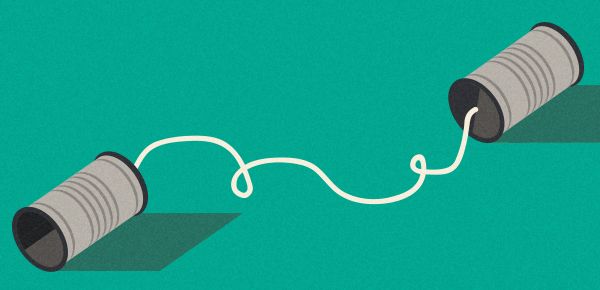Dealing with the aftermath of a disaster such as Black Saturday is a long journey for many young Australians, and the road to recovery can be confusing and bumpy.
Red Cross in partnership with triple j and popular well-being organisation Smiling Mind has produced a podcast, After The Emergency, to help young people understand what they’re going through when they’re recovering from a distressful event such as a natural disaster or medical emergency.
After the 2009 Victorian Bushfires, Kate Brady from the Red Cross emergency services team said there was something missing in terms of support.
“One of the things that kept on coming up again and again is that there weren’t any resources for young people. There was lots for adults, and some for primary school kids, but nothing for the 12-25 bracket,” she said.
With the latest music from triple j Unearthed, the podcast, hosted by Matt and Alex takes people through what they should expect after a distressing experience which can result in a high level of stress.
We’re supporting @RedCrossAU by sharing our song Beautiful Parade on the After the Emergency podcast. Check it out. http://t.co/FMPJ4Nmenw
— Colour Bomb (@ColourBomb) August 25, 2014
“Recovery is a marathon not a sprint and for things like disasters most people do recover well eventually with the support of their friends and family, if they have it, and extra support when needed, but it just takes a really long time,” Ms Brady said.
The podcast aims to educate people on the normality of these everyday occurrences, and can provide helpful advice for those dealing with everyday stress from university, relationships and work-related issues.
It has been designed as an accessible and non-confrontational resource which people can listen to discreetly.
“When we asked them about methods they were really clear about what the didn’t want,” Ms Brady said.
“They didn’t want a booklet, they didn’t want a poster, they didn’t want a pamphlet, so we started talking about having information on an mp3 player.”
Ms Brady said the podcasts contain a variety of resources, not only from Smiling Mind but from different experts such as Dr Karl who talk about what happens as a result of stress.
“People don’t go into disasters with a clean slate, they might have a lot more other stressful things going on in their lives,” she said.
“The stresses that happen after disasters is massive, and if make taking care of yourself as a priority, you’ll get through the other stuff better.”
Young people tend to think they’re invincible and may not realise their change in behaviours, appetite and sleep patterns could be caused by an upsetting event in their past.
Part of the podcast is encouraging people to practise mindfulness, a concept that teaches people to distance themselves from their emotions so they don’t take over.
“You are actually not your thoughts and your emotions, there is a difference between you and them,” Smiling Mind General Manager, Lucy Richards said.
‘After the #Emergency‘ – A free podcast developed by @RedCrossAU @triplej & @Smiling_Mind http://t.co/gJm6p7RSZn pic.twitter.com/Z2SrfwkaE1
— Smiling Mind (@Smiling_Mind) August 25, 2014
“You can choose to feel or attach yourself to them, or you can choose to let them go but in order to have that choice, you need to have the awareness of it first, and that’s what mindfulness brings.”
Smiling Mind has an app dedicated to mindfulness, and has a variety short audio clips which can be listened to repeatedly, and longer sessions which explore breath and emotions.
They’ve included parts of this in the podcast, and Ms Richards agreed this form of information is the best way to get through to young people.
“It’s a highly accessible way for young people to have access to a tool to manage their stress and build resilience,” she said.
The practice of mindfulness is a useful skill for everyone, but especially for people who may have been through a stressful experience as it allows you to reflect on your thoughts and emotions and how they can be affecting your daily life.
“If someone is running really late, or your plans have changed you can learn not to let that affect you on a physiological level, by that I mean instead of firing off stress, to let that pass,” Ms Richards said.
Visit Smiling Mind for more useful mindfulness techniques




